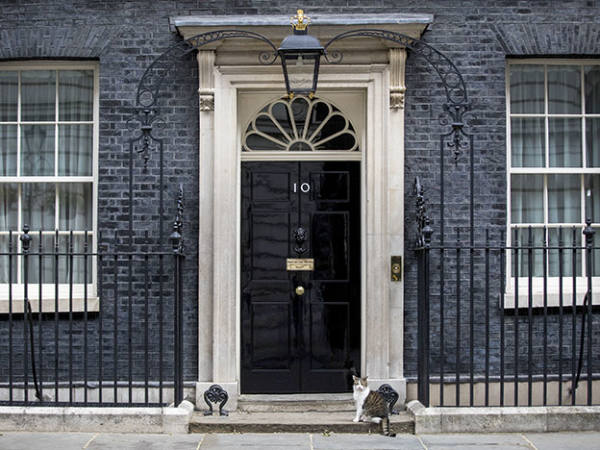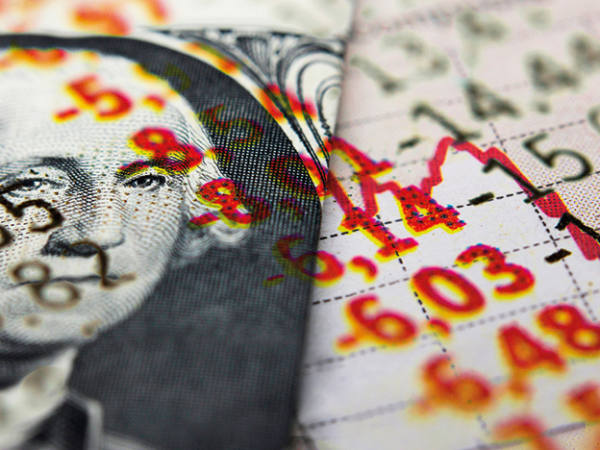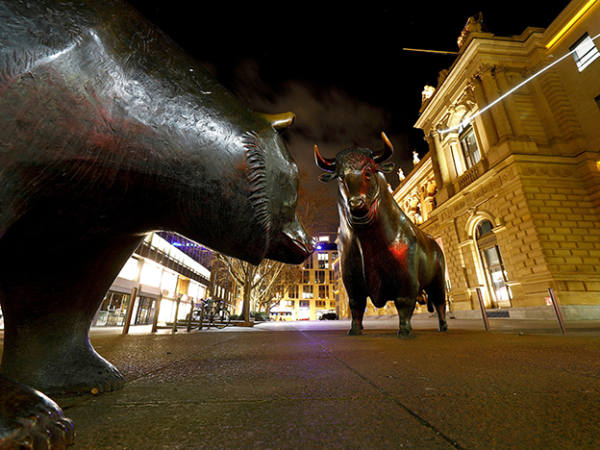One of the most important features of the world economy in the 21st century has finally become headline news – if only on the back pages – with the transfer of Neymar from Barcelona to Paris Saint-Germain for £200m, more than twice the previous world-record transfer fee.
As Arsene Wenger has said, this move can’t be justified in football terms: Neymar’s undoubted ability is unlikely to win PSG so many new supporters or so much prize money as to recoup his fee and wages.
Instead, his transfer is a story about the world economy. Qatar Sports Investments – the owner of PSG – is using Qatar’s massive gas revenues to promote the country’s image around the world. This is one manifestation of what former Fed chairman Ben Bernanke has called the global savings glut. Current account surpluses in the middle east and Asia have for years been reinvested in western assets, thus bidding up their prices.
Of course, footballers are not the only asset involved here. There are two of more direct interest to western investors.
One is government bonds. Non-US investors now own over $6 trillion of US Treasury bonds. Their buying since the late 1990s has forced down bond yields not just in the US but in the UK and Europe, too.
The other is housing. A huge chunk of central London property is now owned by overseas investors. One reason for this is that it has been regarded as a safe haven, somewhere to flee to if or when the political climate changes in their home country. Christian Badarinza at the National University of Singapore and Tarun Ramadorai at Imperial College London have shown that London house prices rise when political or economic uncertainty increases overseas. This was why Nawaz Sharif, former prime minister of Pakistan, bought a house in London. And it’s one reason why prime London house prices have fallen since last year’s referendum to leave the EU: that vote signalled that the UK perhaps wasn’t so secure for foreigners.
These two developments have raised UK house prices generally. It’s not just that there been a ‘trickle down’ from London to the rest of the country. It’s also that falling bond yields have reduced mortgage rates and so raised house prices. From this perspective, you shouldn’t complain about Neymar’s transfer fee. It has been part of the same process that has added tens of thousands of pounds to the price of your house.
All this, though, raises a question. Why haven’t those current account surpluses been reinvested into more productive assets such as new companies or new capital equipment – either directly by foreign investors buying into new companies or private equity, or indirectly via falling bond yields stimulating more capital spending?
It’s because there’s a dark side to the global savings glut – a lack of desire in the west to invest in real productive companies. There are countless possible reasons for this: animal spirits have been depressed by the tech crash and financial crisis; companies fear that investments today will be made unprofitable by future technical progress; managers find it hard to persuade shareholders to back expansion plans; uncertainty; a lack of aggregate demand caused in part by fiscal austerity; cheap labour deterring capital-labour substitution; low profits; or perhaps just a lack of new innovative ideas.
Whatever the reason, the global savings glut has existed alongside weak capital spending. This has important implications.
It’s a trivial accounting identity that every pound lent must be a pound borrowed. Foreigners have been net lenders, so somebody must be a borrower. That somebody has not been UK companies: since 2002 these have generated more cash than they’ve spent on new equipment. So who has it been?
Before 2008, it was home-buyers (in the US as well as UK), who took advantage of cheap and freely available mortgages. From this perspective, the financial crisis was due in part to the savings glut; it led to a ‘reach for yield’ whereby banks over-extended themselves into risky assets.
Since the crisis, however, that somebody has been the government. This is why rising government debt hasn’t led to rising gilt yields. The same global savings glut that has depressed yields has also increased government borrowing.
The mechanism whereby it does so, of course, is by depressing demand and hence taxes: current account surpluses are not being fully recycled into aggregate demand in the west. Emmanuel Farhi of Harvard University and Ricardo Caballero of MIT have shown how demand for safe assets can depress output when interest rates are low.
Economists had hoped that the fall in oil prices would reduce the savings glut. True, it has helped to cut the current account surpluses of oil and gas exporters. But Neymar’s transfer reminds us that they still have a huge stock of wealth to reinvest. And because they can’t do so in productive assets, there is, say Farhi and Caballero, “fertile ground for the emergence of bubbles”.
It would perhaps be too optimistic to think that such bubbles will be confined to footballers’ transfer fees.











